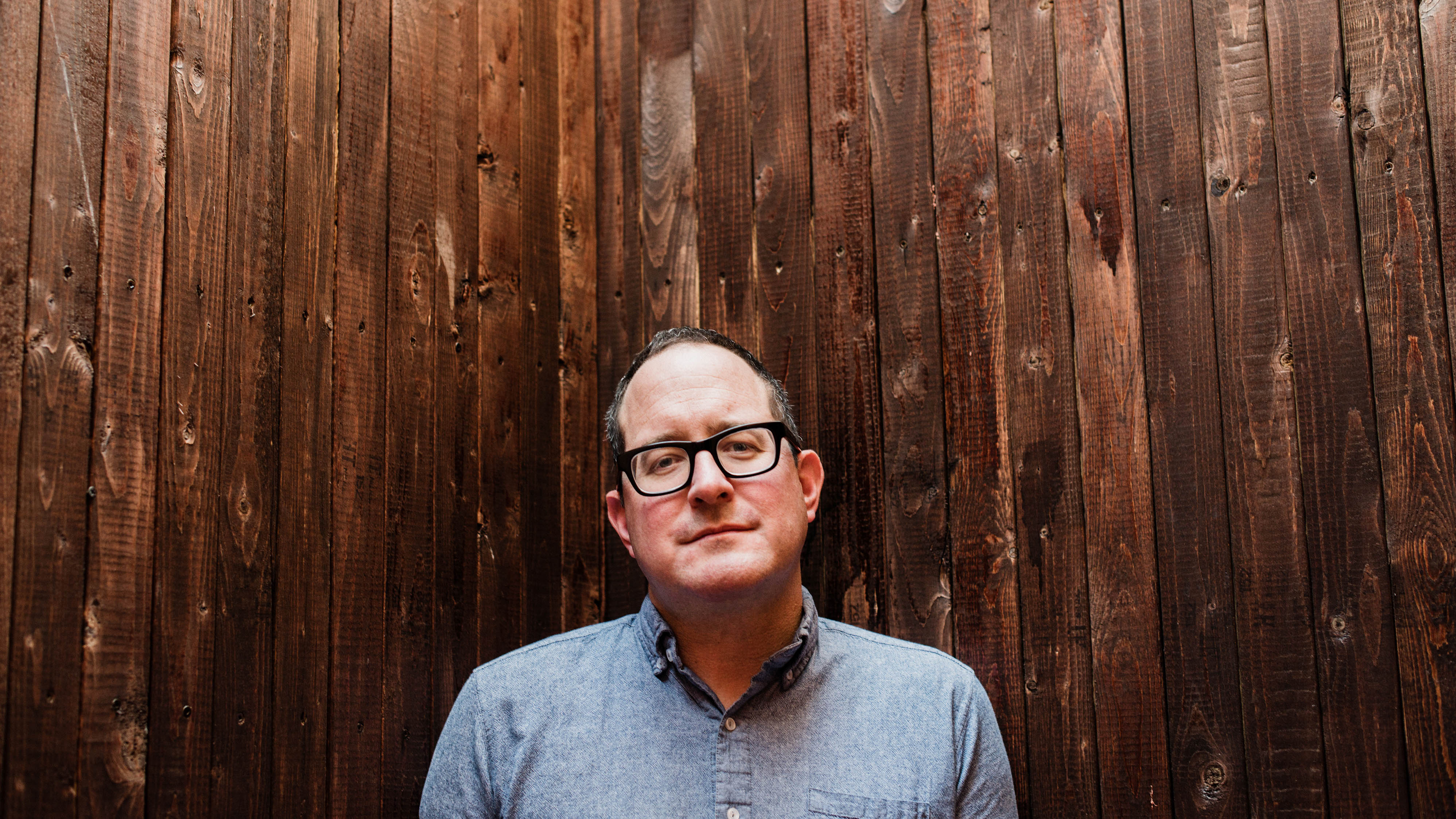That Craig Finn has created a Yoknapatawpha County out of the greater Twin Cities—a sprawling suburbia crawling with junkies and scenesters who are hell-bent on redemption—is by now its own firmly established narrative. But Finn’s literary world, both with The Hold Steady on and his own, is also populated by authors and novels and romantic poetry. In the span of a couple of verses, “Stuck Between Stations” pivots from Jack Kerouac to the poet John Berryman (“he was drunk and exhausted, he was critically acclaimed and respected”). Nelson Algren and William Butler Yeats both pop up in “Chicago Seemed Tired Last Night,” while Joan Didion and Graham Greene prosecute the protagonist of “Honolulu Blues,” from Finn’s first solo record, Clear Hearts, Full Eyes. And in what might be his best literary reference, Separation Sunday’s Holly tells a potential lover in “Hornets! Hornets!”, “I won’t be much for all this Humbert Humbert stuff.”
Finn’s book bent extends into Faith in the Future, his newly released solo record. Tracks like “Sarah, Calling From a Hotel” unfold like Raymond Carver or Denis Johnson stories, their sad details doled out patiently. “A John Cheever or Carver story lives on the tension between what it gives you and what it leaves out,” Finn says on the phone from his home in Brooklyn. “You keep quiet and see what develops.” That development of tension gives Faith in the Future its narrative thrust. “My favorite books are the ones where you’re trying to find something out, but the guy’s not a PI. There’s a mystery in some way that they’re trying to unravel.”
We chatted with Finn about a few of the books and authors that informed the writing of Faith in the Future, from David Foster Wallace (“I’ve got a lot to say about Wallace,” he says) to Paul Stanley’s surprisingly moving autobiography.
David Foster Wallace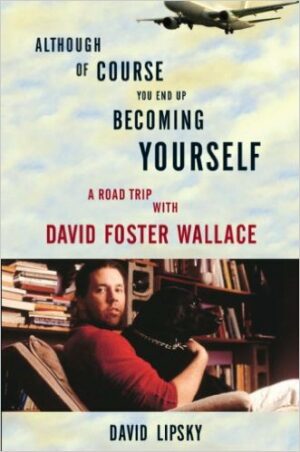
David Foster Wallace’s work has become an obsession of mine and was influential on the Hold Steady record Teeth Dreams. Actually, I think Although Of Course You End Up Becoming Yourself [David Lipsky’s book that formed the basis of the film The End of the Tour] is one of the most amazing texts regarding Wallace. He talks about fear as a basic condition and the sadness of realizing that no amount of drugs or consumer goods will ever be enough to quell that terror. I got the term “American Sadness,” which appears in the Hold Steady song “On with the Business,” from this passage.
He says about this terror, “I think it’s probably assuageable by internal means…the pop-psych phrase is ‘loving yourself,’” and he goes on to say, “If you can, think of times in your life that you’ve treated people with extraordinary decency and love, and pure uninterested concern, just because they were valuable as human beings. The ability to do that with ourselves. To treat ourselves the way we would treat a really good, precious friend. Or a tiny child of ours that we absolutely loved more than life itself.” I think of this quote almost daily.
Democracy by Joan Didion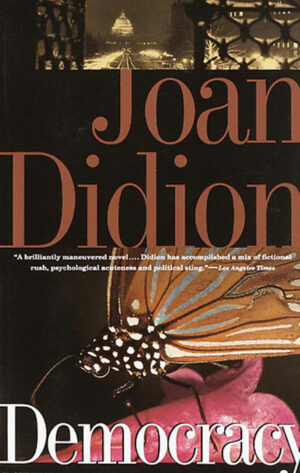
Tracy Daugherty, who wrote the recent biography of Joan Didion, calls Democracy her greatest work, and I would agree. It takes place at the end of Vietnam, while we’re pulling out, and at the same time, it’s not about that: it’s about people and their lives. The song “Newmyer’s Roof” on Faith in the Future—it’s sort of about 9/11, but only in the way that Gone with the Wind is about the Civil War. There are historical things happening, but the person in the song is not a first responder; it’s someone who wasn’t even close to the towers, but it’s affected his life.
Democracy in some ways is like that, too. These people are involved in this thing, and I think setting the book in Hawaii was an interesting move. It’s something I’d never thought of: we think of Hawaii as being placid and vacation-like, but there were a lot of bad dudes coming in and out of there during those years. Not just soldiers, but the profiteering, the weapons dealers. She also has an essay in which she talks about being at the Royal Hawaiian Hotel and watching Robert Kennedy getting shot on TV. She puts you in a hotel, which is transient by definition, and in Hawaii, which is a tropical paradise, and uses it to frame this horrible American event. That’s something she does consistently that’s amazing.
The Free by Willy Vlautin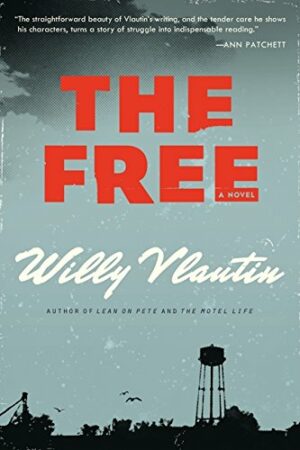
It’s a very hard story. It’s not about people who are triumphing. At the end, there’s a scene where a father is with two daughters—if I remember correctly—and they’re leaving one place and going to another. They don’t have a stable home. The two daughters are fighting, and he says to one of them, “We have to be nice to each other. Especially when we’re tired and we’re feeling down. Especially then, we have to be nice to each other.” And I thought that was the thesis statement of the book. These people are really struggling, and they’re still consistently kind to one another when they can be. Something Faith in the Future is about is getting up, going to work, and believing that there’s something better down the line.
Dark Lies the Island by Kevin Barry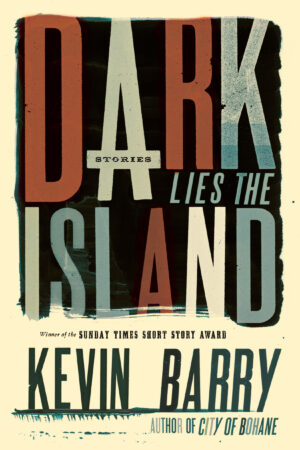
Kevin Barry is an Irish guy, and this book takes place in Ireland with largely, like, to put it in broad strokes, track-suit, Trainspotting figures—the British thug thing, you know? These guys are doing small-time scams and things like that, but he writes about them tenderly. Again, it could be that they’re trying to rip someone off, but it’s to help with the guy’s brother’s medication or something. It’s these real human stories about people who are on the fringes, which is always attractive to me.
Face the Music: A Life Exposed by Paul Stanley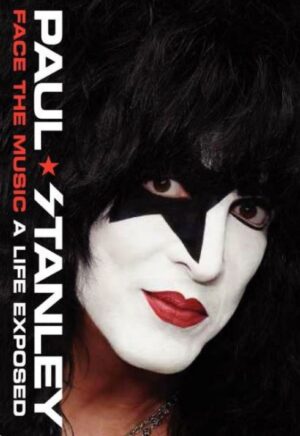
I say I’m a KISS fan, but I have a very complicated relationship with KISS. I read Ace Frehley’s bio, and it’s terrible; he’s just whining the whole time. Peter Criss’s I couldn’t even finish. They’re all so negative, right? But Stanley’s super positive and super self-aware. He talked a lot about feeling empty, about not feeling good. He had an ear that was deformed, which meant he had a really rough childhood. So when The Beatles came out, he was like, “Great! I can grow my hair out over my ear.” That was the start for him, where he learned he could become something else. His narrative on the whole thing is just fantastic, because the most important thing to him is family. And he’s just not as awful as those other guys. So many rock bios you read have this Behind the Music arc to them. His didn’t have that. It was more, “I’m trying to be a good guy all the time.” And I appreciate that, because I believe in positivity in rock and roll. It doesn’t have to be drugs and excess. It can be that, too, but there’s an inherent positivity in bringing people together with music. FL

